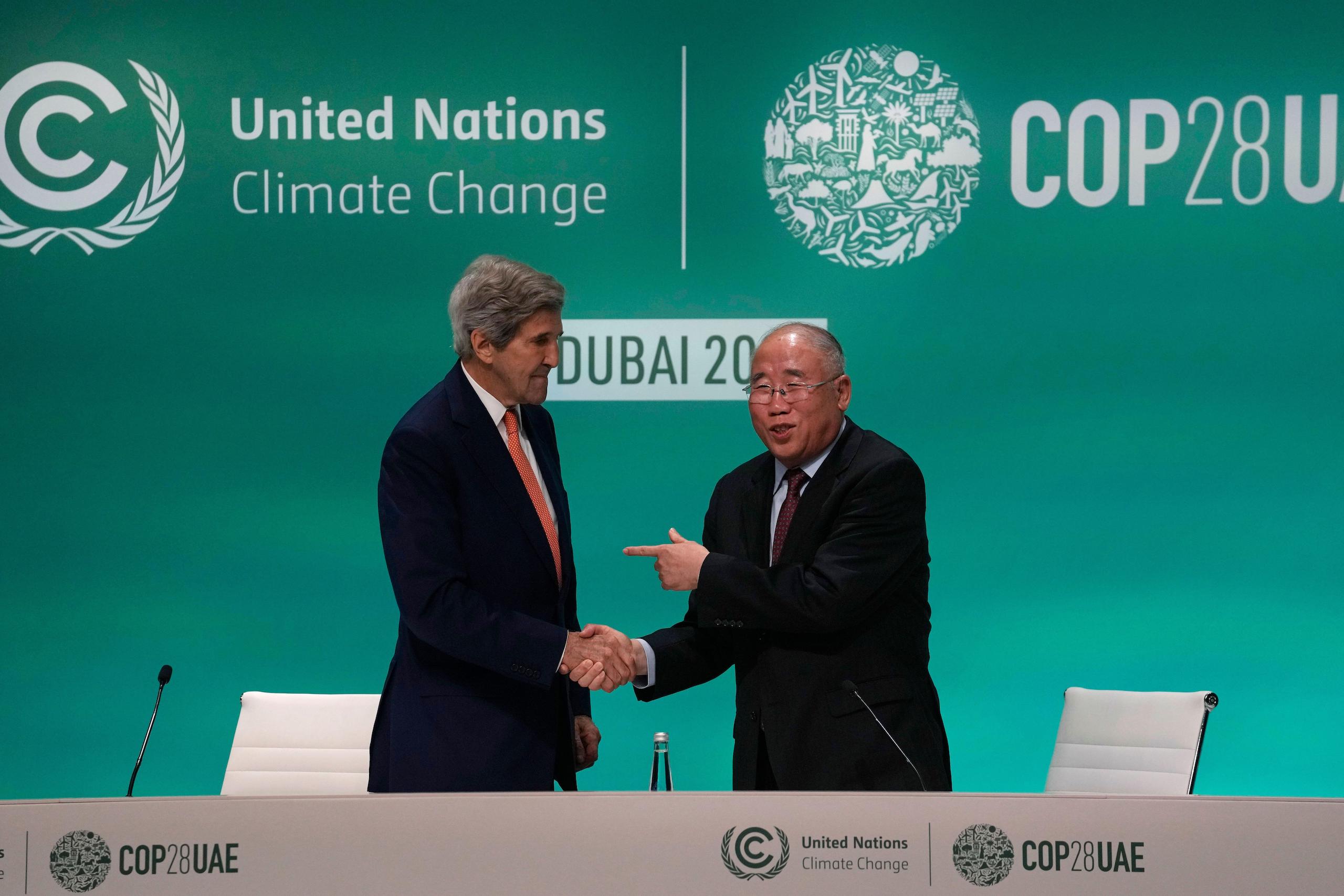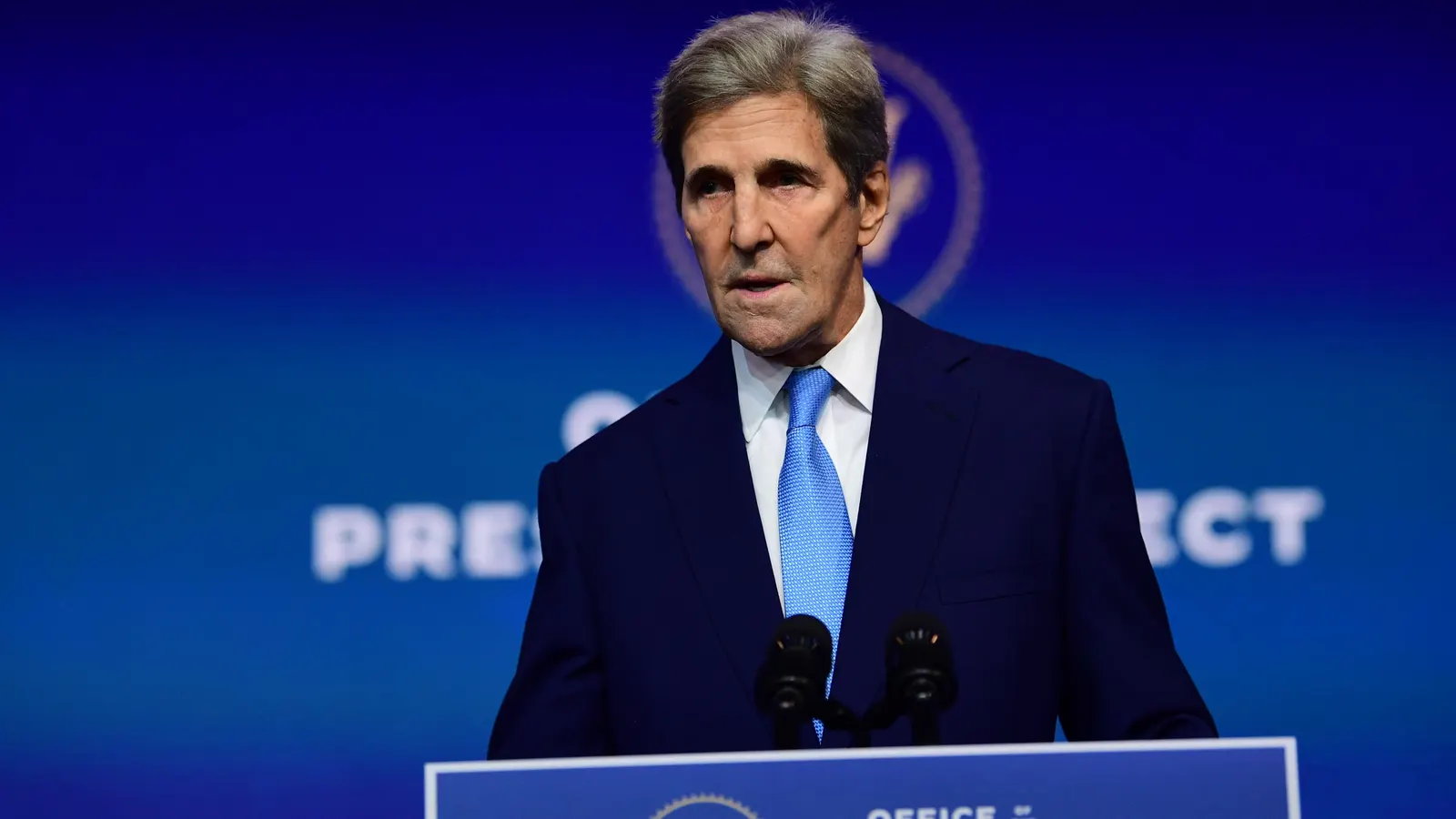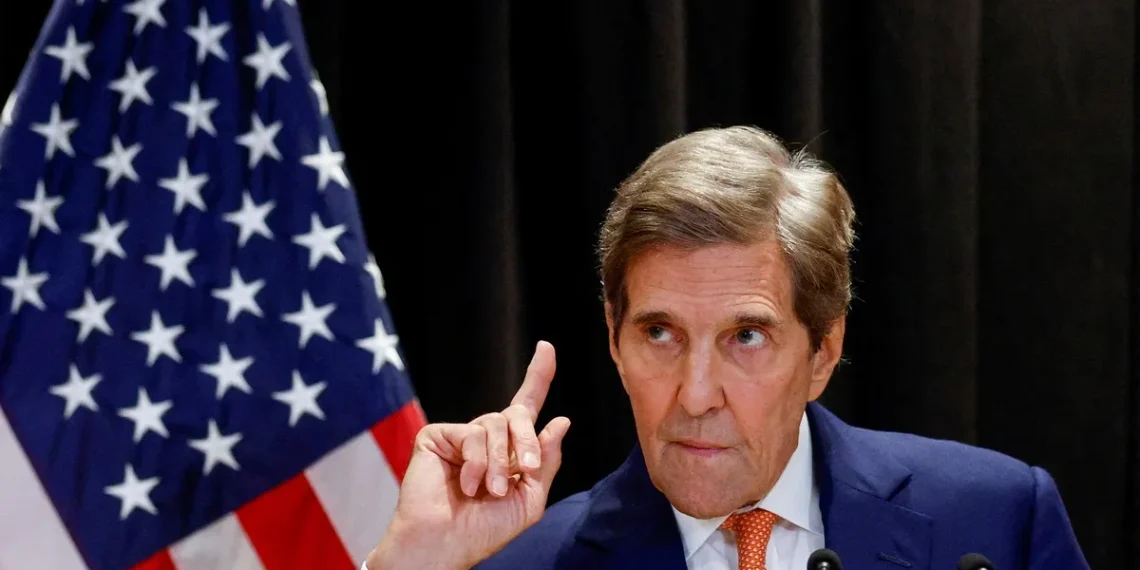As John Kerry prepares to step down from his role as President Joe Biden‘s special envoy on climate change, his departure marks a pivotal moment for U.S. climate diplomacy.
Over his six-decade career in public service, Kerry has played a crucial role in revitalizing America’s stance on climate action, particularly through fostering ties with China and mobilizing private sector investment.
Despite these strides, Kerry’s tenure also coincided with the United States emerging as the world’s largest producer of oil and gas, posing a challenge to his efforts.

Looking ahead, Kerry aims to continue advocating for climate action beyond his governmental role. He expressed confidence in leveraging his experience to further advance the climate agenda through various platforms.
However, John Podesta, set to succeed Kerry, faces significant challenges, especially with the upcoming U.S. election. The Biden administration is met with resistance from industry and other groups regarding proposed climate regulations.
Additionally, the politically divided Congress limits the scope of climate finance initiatives, hindering progress.

Kerry’s initiatives, such as the Global Methane Pledge and the First Movers Coalition, have garnered international support and investment. Despite these achievements, there are concerns about fulfilling climate finance pledges and effectively reaching the most vulnerable countries.
Kerry’s legacy also includes fostering the U.S.-China climate relationship, crucial for global climate efforts. However, some critics argue that Kerry’s focus on wealthy actors and high-polluting countries has sidelined the needs of developing nations.





